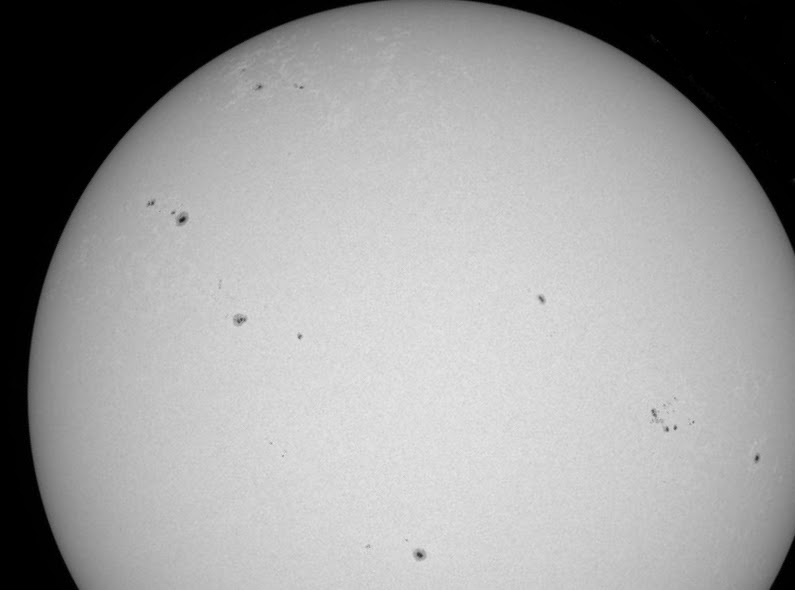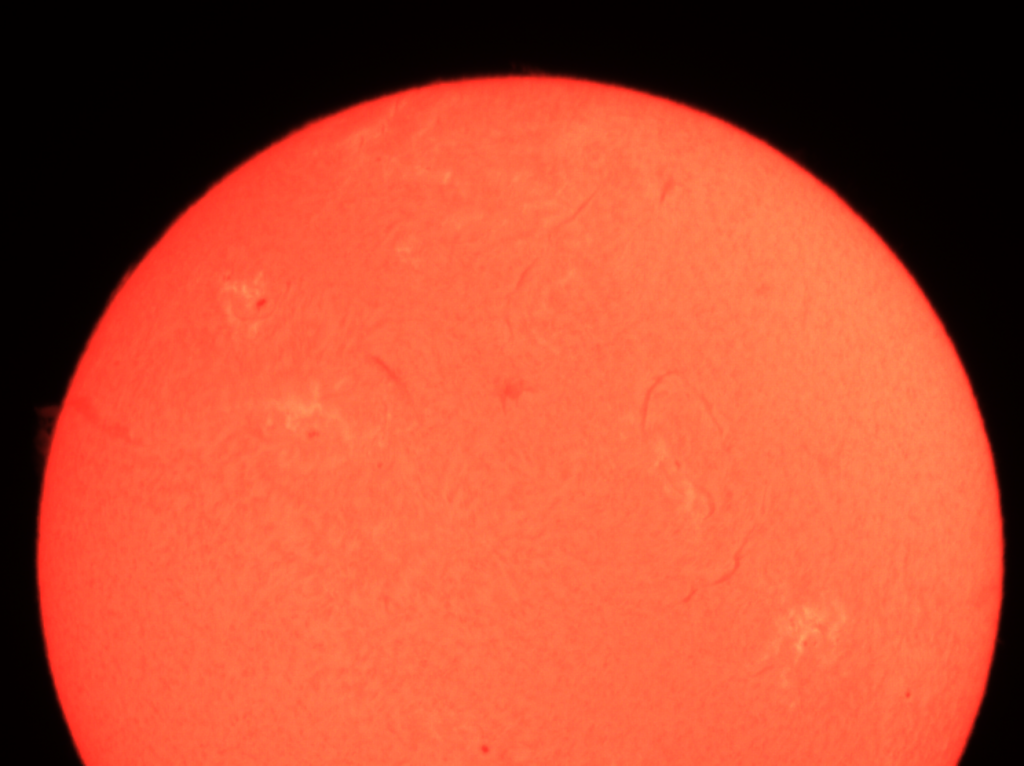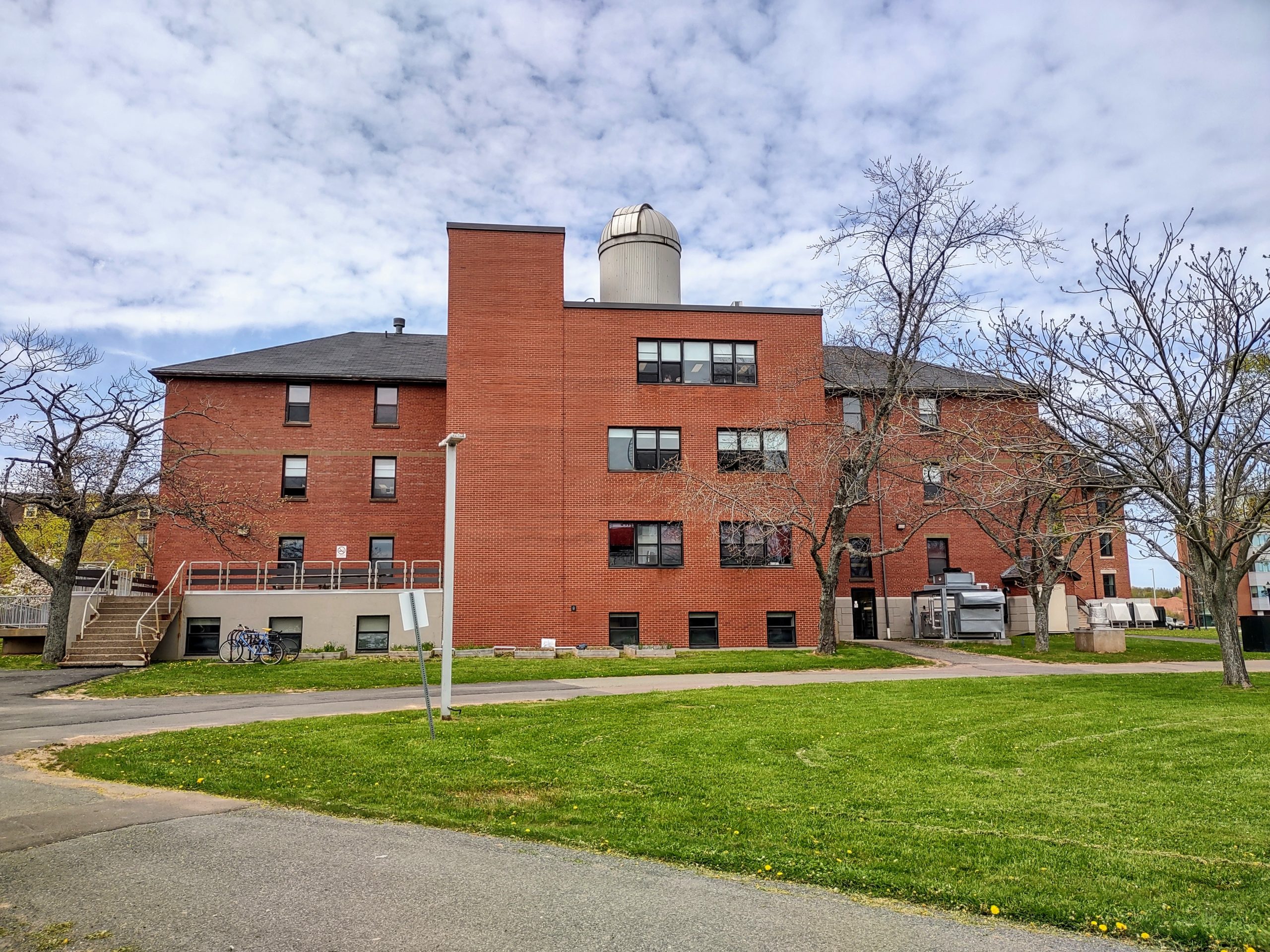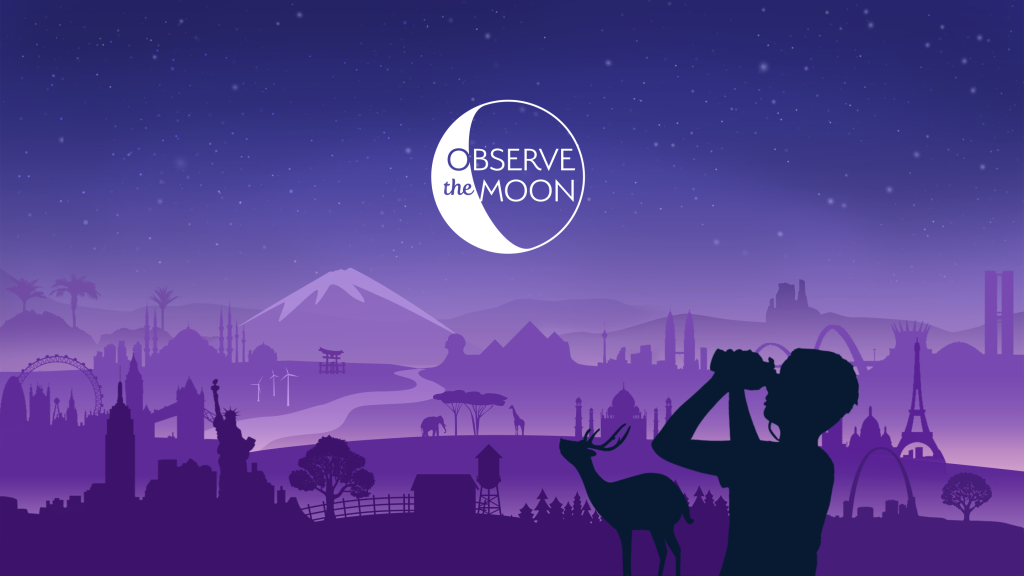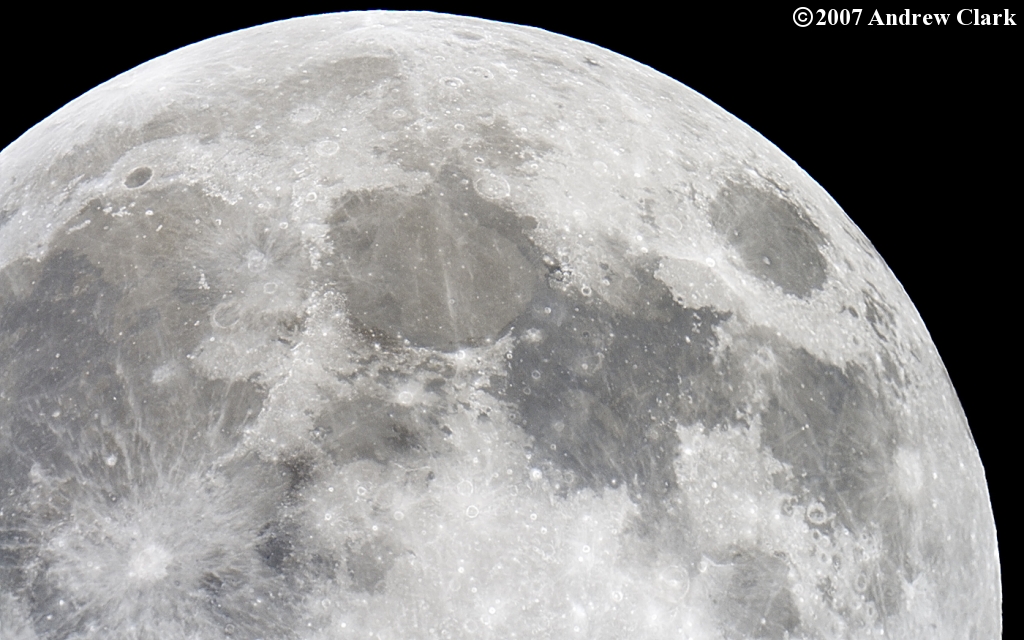We will be having public viewing sessions with our solar telescopes on the following dates (every second Friday) from 12:30-2:00pm.
- June 27: Clear sky, some good prominences and sunspots viewed by 26 guests.
July 11: CANCELLED due to cloudy weather- July 25
- August 8
- August 22
Based on our experience, we anticipate that we will have to cancel at least half of the above dates due to cloudy weather. If it’s too cloudy to see the sun, then we will cancel that day’s event. This post will be updated in the event of any cancellations (typically by 9:30am on the day of the scheduled viewing).
(If we have too many cancellations in a row, we may set up a viewing on an alternate Friday date. The list above will be updated in that case.)
Meeting area
The meeting location for this event will be the grassy area between Memorial Hall and Robertson Library (see photo and campus map below). There you’ll find our hydrogen-alpha telescope that you can look through. We’ll direct you on how to find your way to the observatory to look through our other telescope when space is available. (Due to the observatory’s small size, we have to control how many people can go into it at once.)
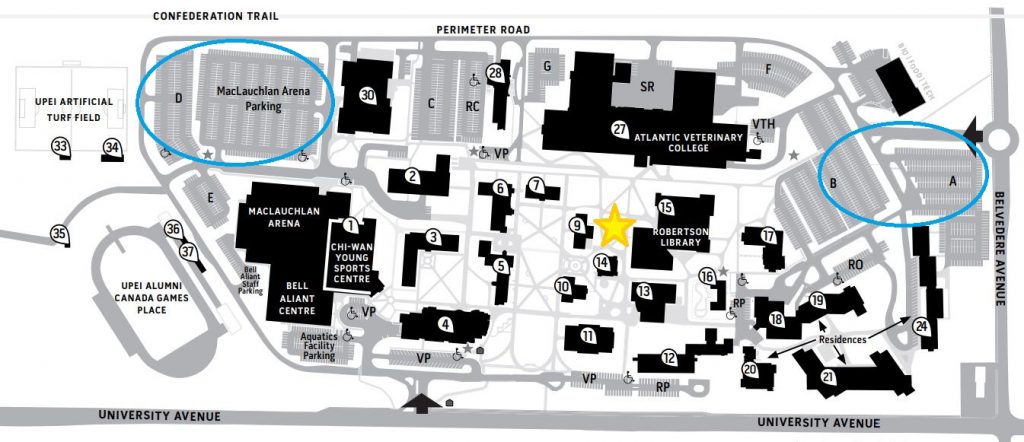
Accessibility
To reach our observatory, you must be able to climb stairs, because the building’s elevator can’t take people beyond the fourth floor, and the observatory is one storey above that. However, our ground-based telescope is accessible for people who are not able to climb stairs.
Age to attend
We welcome attendees of any age; however, to fully enjoy the viewing experience, anyone attending needs to be able to follow directions regarding how to look into a telescope eyepiece, what they can touch, and what they can’t touch. We leave it up to parents/guardians to assess whether their child is capable of the above tasks. We will also have our Sunspotter telescope at the event, which shows sunspots and doesn’t require looking into an eyepiece.
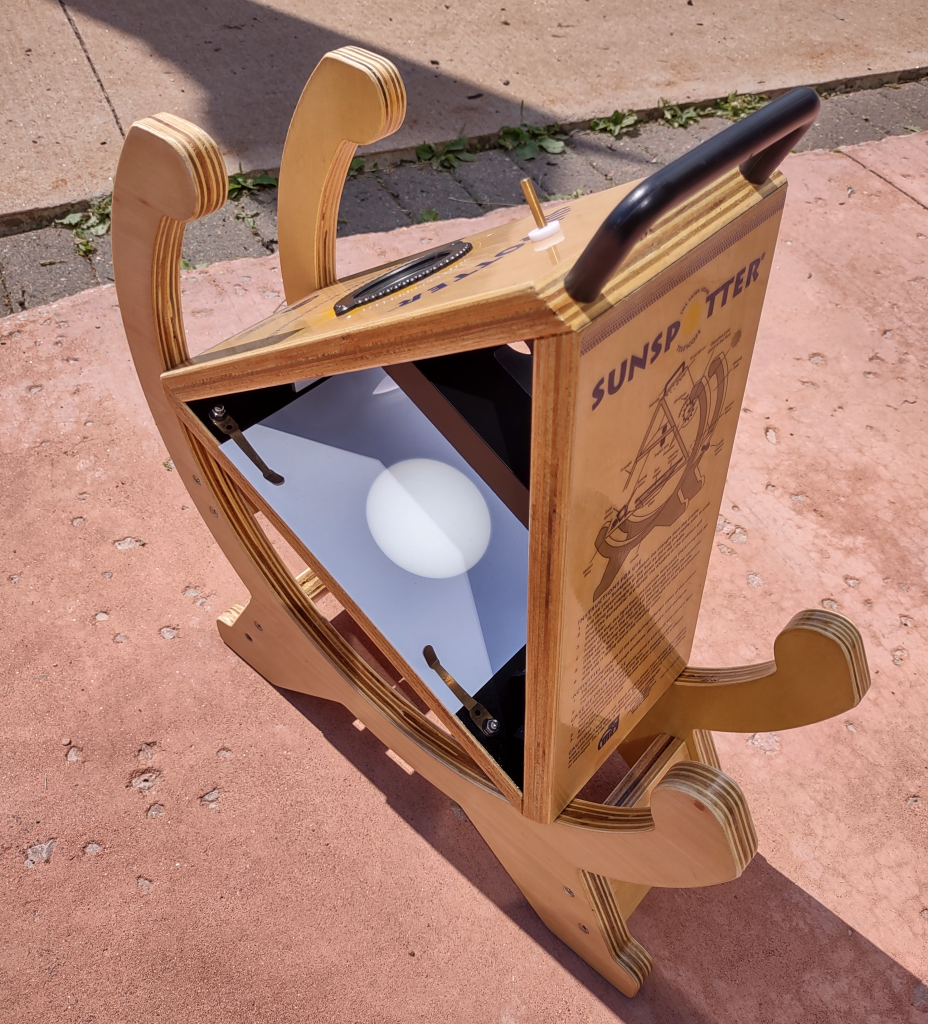
What you can expect to see
We will offer you views of two of the sun’s atmospheric layers, showing features caused by the sun’s dynamic magnetic activity. With a white-light solar filter on our observatory telescope, you will get to view the sun’s photosphere, which is currently showing many sunspots (see example image below). Through our hydrogen-alpha solar telescope, you will view the sun’s chromosphere – a dimmer atmospheric layer than can only be seen by filtering out all the light except the red emitted by hot hydrogen. The chromosphere shows prominences and filaments, which are protrusions of plasma. A web-like pattern covers the chromosphere, outlining supergranules. You may also see plages, which are bright areas usually surrounding sunspots.
